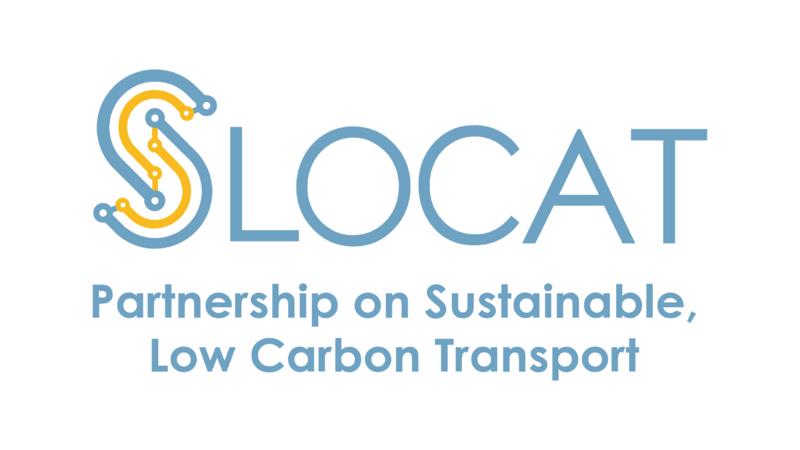Project: Strategic Foresight for Climate-Friendly Transport
T4<2° – The Global Foresight Project on Transforming Mobility by Mid-Century

Preface
Responsible for approximately one-quarter of the world’s greenhouse gas emissions, the transport sector is one of the largest consumers of energy worldwide. Accordingly, the transport sector necessarily figures prominently in efforts to transform the energy economy and protect the climate. At the same time, by enabling the mobility of goods and people, the transport sector fulfils a crucial economic and societal role.
Most of today’s transport-related greenhouse gas emissions are produced in G20 countries. But the transport systems of emerging and developing nations are currently undergoing rapid growth and soon their emissions will be rising faster than those of industrialised countries. The OECD International Transport Forum estimates that by 2050 global transport emissions will grow by around 60 per cent unless immediate measures are taken. In the absence of such measures, the international community will fall dramatically short of the Paris Agreement’s 2015 goal of limiting global warming to well below 2°C.
The transport sector thus plays a major role in clean-energy initiatives and government actions to fight climate change. Yet protecting the climate is just one part of the equation. Ongoing urbanization has left cities all around the world with massive levels of congestion that have brought transport systems quite literally to a halt. Meanwhile, a lack of mobility options in rural areas has imperilled societal and economic growth. New digital technologies will provide some solutions but they will also bring disruptive changes. Addressing them represents an unprecedented political undertaking, one whose scope goes well beyond the transport sector. The geopolitical reconfigurations and shifts in global power that may result will themselves pose new challenges to transforming mobility.
The project “Transport for Under Two Degrees” will show how these structural changes can be organised collaboratively using national policies from around the world. The project will be carried out by Deutsche Gesellschaft für Internationale Zusammenarbeit (GIZ), World Economic Forum (WEF) and Agora Verkehrswende with funding from the German Federal Foreign Office.

![[Translate to English:] Internationale Experten sehen Verkehrspolitik weltweit noch nicht auf Klimakurs [Translate to English:]](/fileadmin/_processed_/5/c/csm_Projektbild-2_Strategische_Vorausschau_klimavertraeglichen_Verkehr_d3e9ddfaec.jpg)
